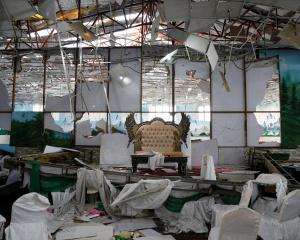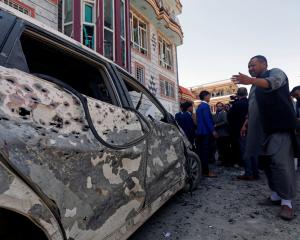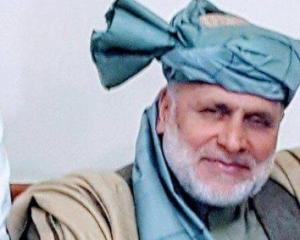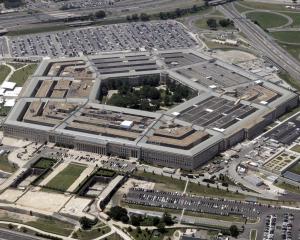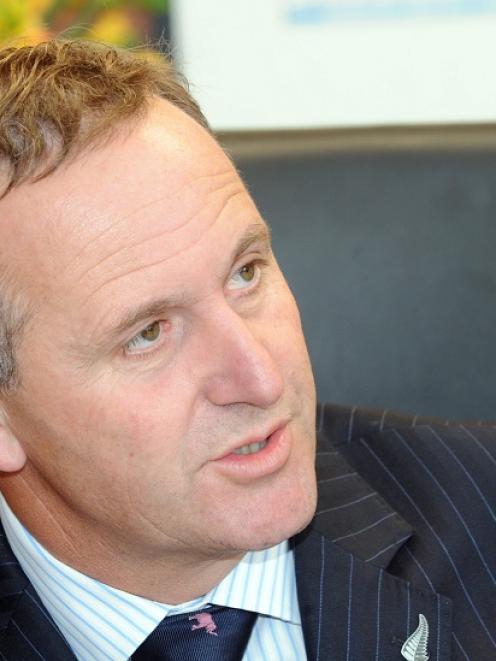
Questions have been raised about the SAS timeline following last week's death of Corporal Douglas Grant, New Zealand's third soldier to die in Afghanistan in the last two years.
Cpl Grant, 41, died after being shot by an insurgent on Friday during an operation to rescue hostages at the British Council cultural centre, which was under attack by the Taliban.
Speaking to reporters at a post-Cabinet press conference this afternoon, Mr Key said his expectation was still for the SAS to come home in March, but that he could not rule out sending them back.
"Our plan at this point is to bring them home in March 2012, we think they will have had two and a half years there and done a tremendous job, I think that's about in line with our expectations of how long that they will be there," Mr Key said.
"But, you know, we always take these things on a case by case basis, I can't rule out that they won't be deployed in another rotation at some time in the future, but that's not something we've planned at the moment."
Mr Key rejected accusations he downplayed the dangers facing New Zealand soldiers in Afghanistan when troops were sent in 2009.
Asked whether the situation was now more dangerous, Mr Key said the terrorist tactics were becoming more focused on high-profile sites to maximise international attention.
"So it's more changing in nature, rather than becoming more dangerous," Mr Key said.
The SAS were still primarily serving a mentoring role to the Afghan Crisis Response Unit, preparing the team to take over when foreign forces left the country.
Mr Key said Friday's operation was not an exception.
"The CRU ran that operation, there were about 100 CRU members involved in that operation, the New Zealanders did play a mentoring role, it started getting a bit nastier more were called in as backup, but the command of that whole operation was with the CRU," he said.
"My understanding is, just talking to SAS members as I did at the weekend, there's certainly a substantial increase in capability coming from the CRU."




